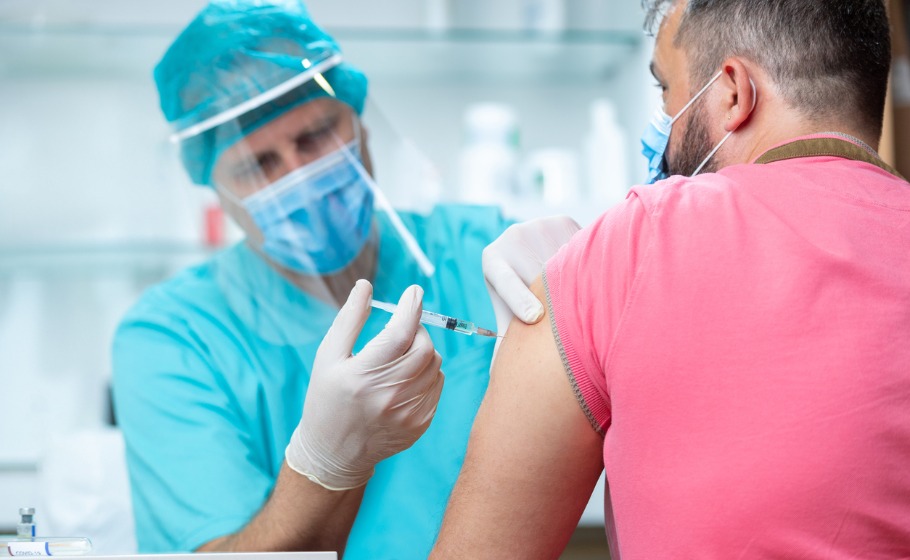
India wants intellectual property on COVID vaccine suspended. Here's why
The countries developing Covid-19 vaccines are now backing their right to protect their vaccines and drugs, which is their intellectual property. In this scenario, how do the poorer nations with no vaccine developing resources get the cure?

When the world is gearing up to a new dawn after prolonged darkness caused by COVID-19, with countries checking on their infrastructure for unhindered availability of vaccines, one issue has remained undiscussed so far — the availability of vaccines to poorer and developing countries.
Vaccine research requires extensive investment and, therefore, only rich and developed countries are being seen in the race for a potential cure, riding on a wave of ‘vaccine nationalism’, eyeing a spot on the pages of history as the one that provided a cure for a deadly disease. The countries are now backing their right to protect their vaccines and drugs, which is their intellectual property. In this scenario, how do the poorer nations with hardly any resource to develop vaccine get the cure?
Related news | People with history of allergic reactions should avoid Pfizer’s COVID dose: UK
In view of the humanitarian aspect in the time of the pandemic, India and South Africa had in October moved a proposal that intellectual property rights for COVID-related technologies be temporarily suspended. The proposal was taken up for discussion at the World Trade Organization (WTO)’s council for Trade Related Aspects of Intellectual Property Rights (TRIPS) on Thursday (December 10).
The proposal submitted by the two countries was related to the waiver of implementation, application and enforcement of certain provisions of the TRIPS Agreement in relation to the prevention, containment or treatment of COVID-19.
What is TRIPS Agreement?
The TRIPS Agreement came into effect in January 1995. It’s a multilateral agreement on intellectual property rights such as copyright, industrial designs, patents and protection of undisclosed information or trade secrets. Vaccines and drugs come under this Act since they are trading commodities.
According to a WTO statement, the proponents of the proposal argued the relaxations would avoid barriers to the timely access to affordable medical products, including vaccines and medicines, or to scaling-up of research, development, manufacturing and supply of essential medical products.
The statement said while a number of developing and least-developed member nations welcomed the proposal, many were still studying it in their capitals and asked for clarification on certain points, particularly regarding its practical implementation and the possible economic and legal impact of the waiver at national level.
Related news | Panel wants more data to approve emergency use of COVID vaccines
However, it also said a number of developing and developed member countries opposed the waiver proposal, noting that there is no indication that intellectual property rights (IPRs) have been a genuine barrier to accessing COVID-19 related medicines and technologies. The ones that have opposed the proposal include some of the European Union nations, the US and Canada.
Those who are opposing have opined that the suspension of IPRs, even for a limited period of time, was not only “unnecessary” but it would also “undermine” the collaborative efforts to fight the pandemic that are already under way.
The waiver, proposed by the two countries, would cover obligations in four sections of Part II of the TRIPS Agreement — Section 1 ( copyright and related rights), Section 4 (industrial designs), Section 5 (patents) and Section 7 (protection of undisclosed information). It would last for a specific number of years and until widespread vaccination is in place globally and the majority of the world’s population is immune.

